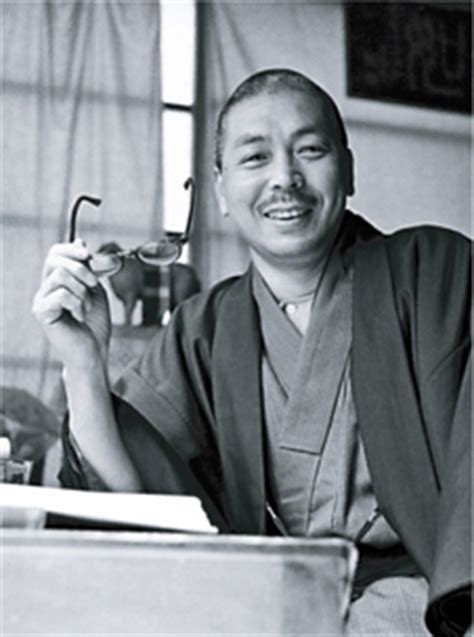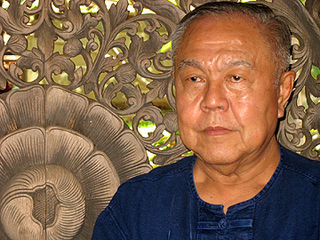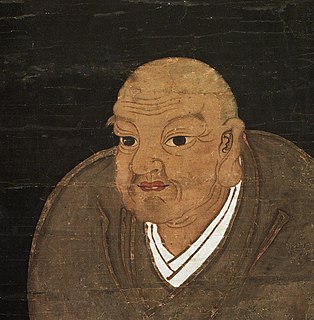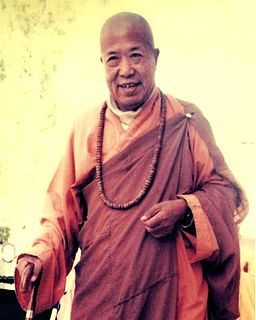A Quote by Sakyong Mipham
The principles of Buddhism have become more commonplace, which is a good thing.
Quote Topics
Related Quotes
I make a distinction between Buddhism with a Capital 'B' and buddhism with a small 'b'. Sri Lanka has the former, in which the state uses Buddhism as an instrument of power, so there are even Buddhists monks who say the Tamils should be eliminated. Thai Buddhists are not perfect either. Some Thai Buddhist monks have compromised with the kind and possess cars and other luxuries. In many Buddhist countries, the emphasis is on being goody-goody, which is not good enough. I am for buddhism with a small 'b' which is non-violent, practical and aims to eliminate the cause of suffering.
Western progress (from one damned thing to another) seems to be essentially the MO of nowhere fast. But, on the other hand, the don't-set-foot-outside-your-own-village/cave ideal or injunction that you find in Buddhism and even in the Daoism of which I'm fonder, seems . . . defeatist. And more than that, it is in contradiction to what nature actually does. Somewhere, somehow, I feel as if these two opposing principles have to be reconciled.
If science proves some belief of Buddhism wrong, then Buddhism will have to change. In my view, science and Buddhism share a search for the truth and for understanding reality. By learning from science about aspects of reality where its understanding may be more advanced, I believe that Buddhism enriches its own worldview.































